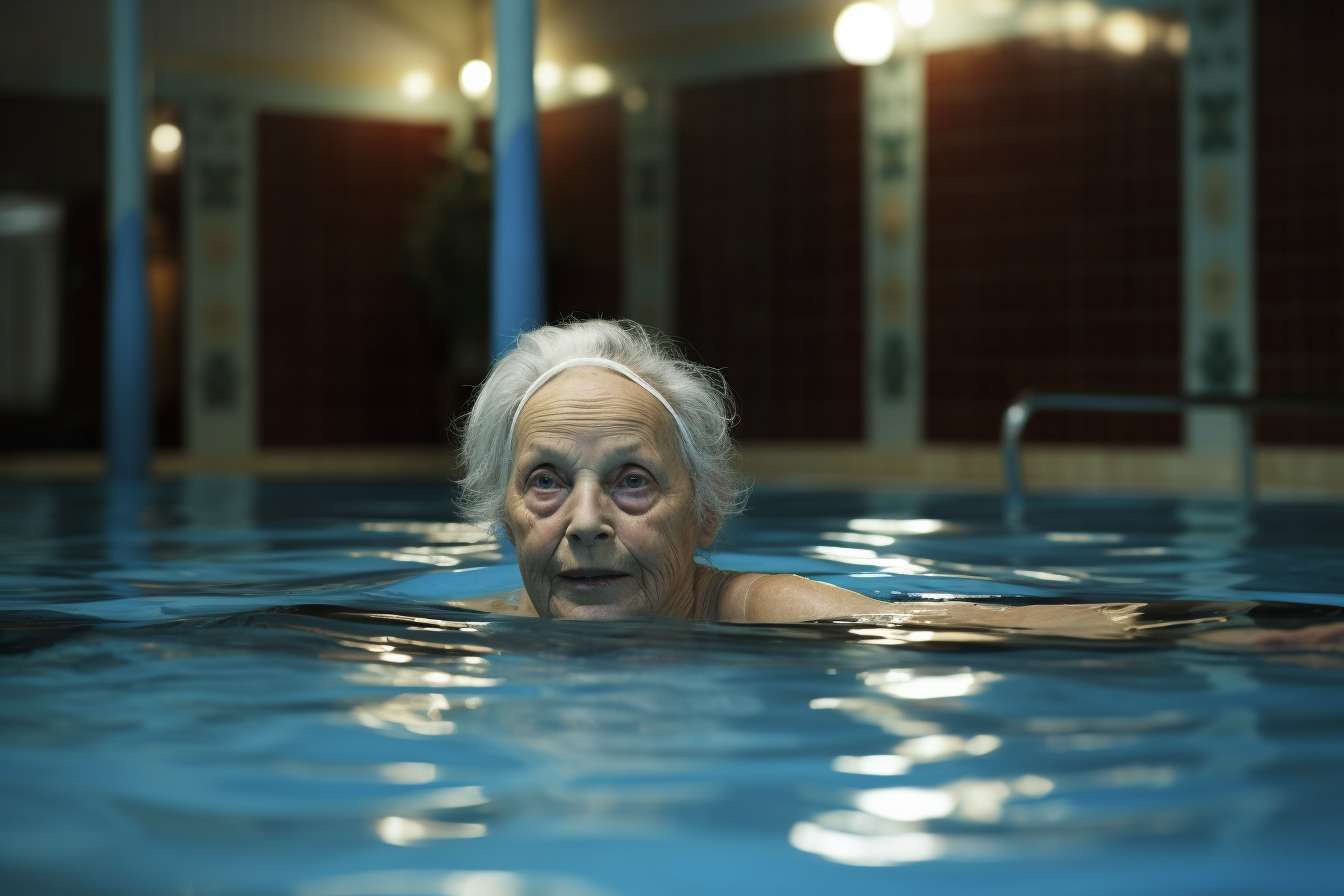Common Migraine Triggers in Older Adults – Don’t Ignore Them
Migraines aren’t just a young person’s problem. Older adults often experience them too — and the triggers might surprise you. From dietary habits to common medications, recognizing what sets off your migraines can help reduce both frequency and intensity. Learn which everyday factors could be making things worse and how to manage them.

Migraine Symptoms Unique to Older Adults
Migraine presentations can change with age, making them harder to recognize and treat in seniors. Symptoms that particularly affect older adults include:
-
Less intense headache pain but longer-lasting episodes
-
Increased visual disturbances and aura symptoms
-
Greater sensitivity to light and sound
-
More prominent dizziness and vertigo components
-
Confusion that may be mistaken for cognitive issues
-
Nausea that’s often less severe than in younger sufferers
-
Bilateral headache (affecting both sides) rather than the classic one-sided pain
-
Sleep disruptions that both trigger and result from migraines
These symptoms often lead to misdiagnosis or dismissal as “just aging,” preventing proper treatment. Recognizing these age-specific manifestations helps ensure appropriate care and management strategies.
Dietary Triggers in Senior Populations
As we age, our bodies process certain foods differently, and some become more problematic as migraine triggers. Foods that frequently cause migraines in older adults include:
-
Aged cheeses (particularly cheddar, blue cheese, and parmesan)
-
Processed meats containing nitrates and nitrites
-
MSG-containing foods, including many restaurant meals
-
Artificial sweeteners, especially aspartame
-
Red wine and other alcoholic beverages
-
Chocolate and cocoa products
-
Citrus fruits, particularly oranges and grapefruits
-
Caffeine withdrawal or excessive consumption
-
Fermented and pickled foods
Many seniors don’t connect these dietary factors to their migraine patterns. Keeping a food journal can help identify personal triggers, as sensitivities vary significantly between individuals. Gradual elimination of suspected triggers often proves more effective than dramatic diet changes.
Medications That Can Trigger Migraines
Many medications commonly prescribed to older adults can potentially trigger or worsen migraine episodes. The challenge lies in balancing necessary treatments with migraine management. Common medications that may trigger migraines include:
Vasodilators like nitroglycerin and other heart medications can prompt headaches by expanding blood vessels. Similarly, certain blood pressure medications—particularly calcium channel blockers—may trigger migraines in susceptible individuals. Hormone replacement therapy presents another risk factor as fluctuating estrogen levels often correlate with migraine onset.
Some over-the-counter pain relievers paradoxically cause “medication overuse headaches” when used too frequently. This creates a difficult cycle where the very medications intended to provide relief become triggers themselves. Additionally, some statins prescribed for cholesterol management include headaches among their potential side effects.
Never discontinue prescribed medications without medical consultation, even if you suspect they’re triggering migraines. Instead, discuss alternatives or adjustments with your healthcare provider.
Dehydration and Migraines: A Critical Connection
Dehydration represents a particularly significant migraine trigger for older adults. Age-related changes affect how our bodies regulate fluid balance, with several factors contributing to increased dehydration risk:
Diminished thirst sensation makes many seniors unaware they need water until dehydration has already begun. Certain medications, particularly diuretics and laxatives commonly prescribed for older adults, accelerate fluid loss. Additionally, kidney function naturally declines with age, affecting the body’s ability to conserve water.
This dehydration directly impacts brain function through multiple mechanisms. When fluid levels drop, blood volume decreases, reducing oxygen delivery to brain tissue. Electrolyte imbalances accompanying dehydration disrupt normal neurological function, potentially triggering migraine cascades. Even mild dehydration increases stress hormones that can initiate migraine episodes.
Prevention focuses on consistent hydration rather than correction. Experts recommend older adults consume 7-8 cups of fluid daily, with water being optimal. Setting regular drinking schedules rather than relying on thirst helps maintain proper hydration.
Stress and Sleep Patterns in Migraine Management
For older adults, stress and sleep disruptions represent particularly potent migraine triggers, often creating a challenging cycle where each worsens the other. Retirement transitions, health concerns, financial pressures, and changing family dynamics all contribute to unique stressors in senior populations.
Sleep architecture naturally changes with age, bringing more fragmented rest patterns. Many seniors experience reduced deep sleep phases and more frequent nighttime awakenings. These disruptions interfere with the brain’s restorative processes, lowering the threshold for migraine activation. Conversely, migraines themselves interrupt sleep, creating a frustrating cycle.
Research indicates consistent sleep schedules may be even more important than total sleep duration for migraine prevention in older adults. Establishing regular bedtimes and wake times helps regulate brain chemistry and hormone levels that influence migraine susceptibility. Limiting screen exposure before bed, keeping the bedroom dark and cool, and creating relaxing pre-sleep routines can significantly reduce migraine frequency.
Stress management techniques particularly beneficial for older adults include gentle yoga adapted for mobility limitations, mindfulness meditation focused on pain acceptance, and scheduled relaxation periods throughout the day. These practices not only reduce migraine frequency but often improve overall quality of life.
Conclusion
Recognizing and managing migraine triggers becomes increasingly important as we age. While migraine patterns may change in older adults, understanding specific triggers—from dietary factors and medications to dehydration and stress—empowers seniors to take control of their condition. Working with healthcare providers to develop personalized strategies addressing these triggers can significantly reduce both the frequency and severity of migraines, allowing for greater comfort and quality of life in the senior years.
This article is for informational purposes only and should not be considered medical advice. Please consult a qualified healthcare professional for personalized guidance and treatment.




